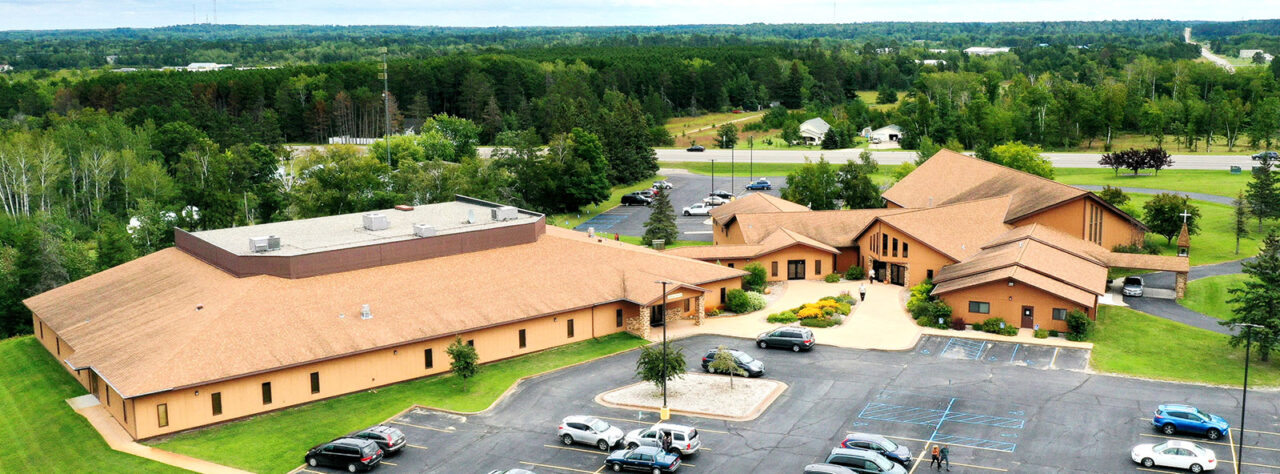
Loan payoff means more money for ministry
North central Minnesota church brings gospel, discipleship, outreach to hundreds in lakes community
Continue ReadingQuestion: Churches exist to do ministry. How does a church balance that overarching mission with the need to save for the unexpected and build up reserves to cover property-related expenses, including maintenance for buildings, updates and expansion?
Answer: Being good stewards of financial resources requires prudent planning both now and in the future. We advise churches to keep three to six months of operating expenses in reserve cash. The obvious reason is to pay bills on time and handle unplanned expenses, even with fluctuations in seasonal giving.
Staffing is vitally important for churches to operate smoothly, and these costs will go up as a church grows. Insurance expenses have also risen dramatically, both deductibles and premiums.
There are other big picture advantages to reserve cash. A piece of land desired for ministry expansion could go on the market, but would require a cash offer quickly in order to purchase.
Additionally, some churches without a mortgage start building a budget line item early to mimic a mortgage payment in the future. This helps alleviate temptations to go down most every ministry path under the perception that budget dollars are plentiful.
Cash reserves are more often built in good financial times, but they are needed, regardless of economic conditions. Lastly, older church facilities and churches with deferred maintenance will need greater cash reserves to cover these extra expenses.
Everything churches do is a witness for Christ, including responsible financial management of God’s resources. This is not only smart, it’s biblical.
Sources: CIF and Evangelical Center for Financial Accountability (ECFA)